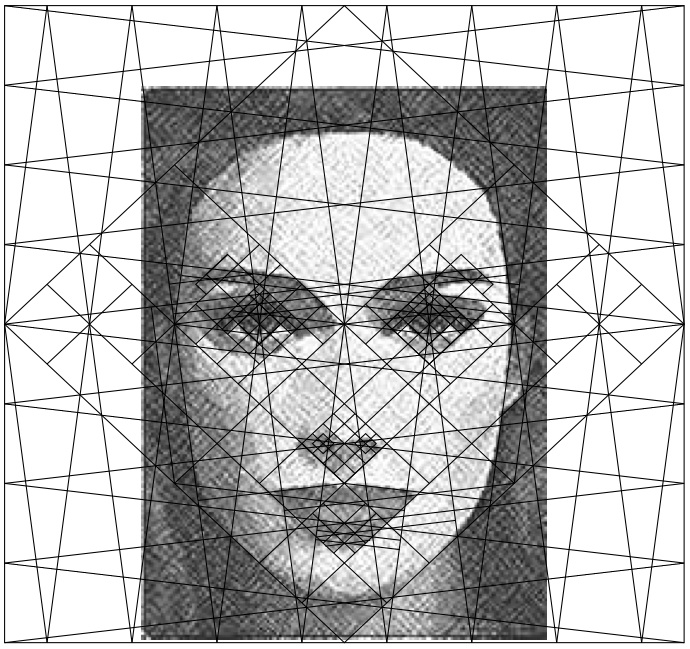The Self
Out of the blue yesterday, a personal epiphany about the self popped into my mind. I realized that I don’t think the definition of a person’s ‘self’ necessarily includes physical attributes and/or other inalienable facts (i.e. race, ethnicity, socioeconomic status, etc). I believe the self can be greatly influenced by these things, but is not necessarily equal to them. My understanding/definition of the self is focuses more on a person’s actions and how/why they decide to take particular actions. In order to fully explain/define a person’s self, I would need to know exactly how they would act in every possible situation/dilemna. I don’t even think it’s possible for a single person to think through every situation and fully explain their self to another person. (This doesn’t mean I believe a person can’t know their own self. In fact, I think it’s very possbile; for example, people who have discovered themselves through past experiences are able to easily judge how they will react/act when faced with a dilemna/situation/choice.) But back to the notion of trying to present a true reprsentation of yourself to another person: Can it be done given my sense of self?
Anne asked us in class about our physical representations of ourselves. It was this question that ultimately led me to the above epiphany. I was at a rugby tournament, in my usual jeans and t-shirt, getting sunburned, screaming vehemently at the players on the pitch. I thought: wow, I wouldn’t want a potential employer to see me like this. That’s when it occured to me how unfair it is to judge a person’s entire self based on one aspect of it. After not thinking about it for several hours, the above epiphany popped into my head and really helped me make sense of the conversations we’ve been having about the self.
Every presentation of our selves in the ‘real’ world is just as much one side of our selves as any representation of our selves in a virtual setting. In that sense, I think I agree that we should be held responsible for things we say and do online (not in the same exact way we are in real life, but in a similar way at least). In class the other day, my small group discussed a Savage Love letter that discusses meeting a stranger online to fulfill a date rape fantasy. Savage responded to the letter by advising that both parties print out hard copies of emails that discuss consent and a chosen safe word and that any encounter be audio-taped for proof of the safe word being spoken or not. These emails and audio recordings are obviously admissable as evidence in court and, in the context of our class discussions, they may also be considered virtual/real world representations of the self. This is just one of many real world examples of people being responsible for what they do and say in virtual spaces, including through email, in Second Life, etc. I don’t agree with some of the things that have been used as real world evidence, and do support a strong degree of privacy online and for an individual’s personal electronic devices, but if we are responsible for the actions of our physical representations in the real world and there is little conceptual difference between our physical representations of our selves and our virtual representations of our selves, then how can we be less responsible for our virtual actions?

Comments are closed.